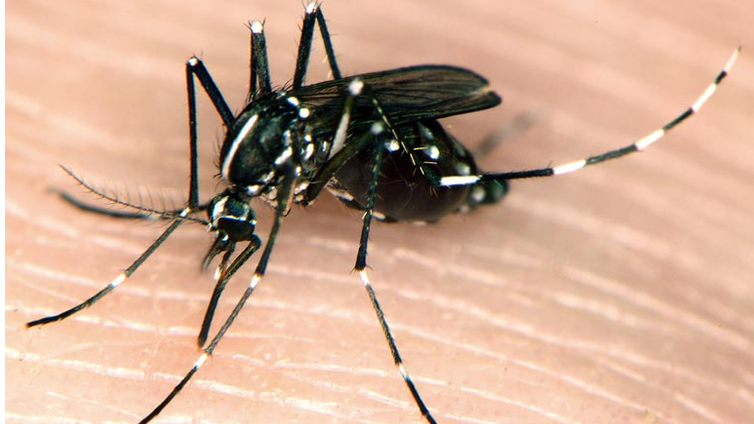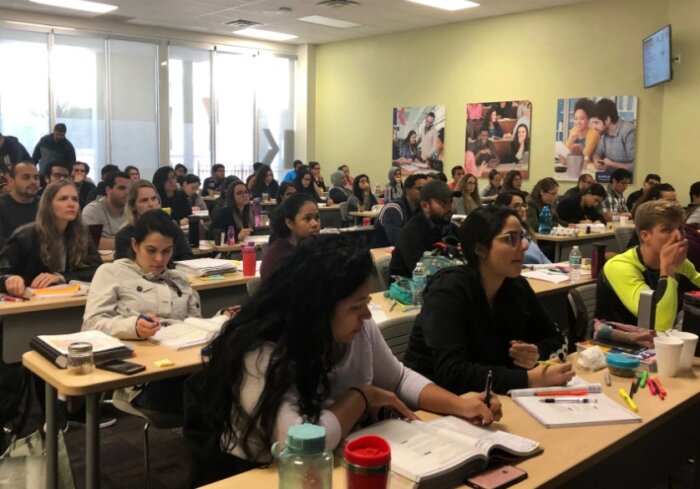Officials are sounding the alarm about the growing national threat of another mosquito-borne tropical virus known as Chikungunya, which recently infected three Long Islanders, who contracted it while traveling abroad.
News of the local residents’ infections came last week shortly after the U.S. Centers for Disease Control and Prevention (CDC) confirmed the first case of Chikungunya to be contracted within the continental United States, in Florida. That came seven months after the virus was first confirmed in the Western Hemisphere. Before that, Chikungunya had been found only in Africa, Asia, Europe, India and the Middle East.
“Chikungunya has now officially reached Long Island, and the feds must act before this debilitating virus spreads further and takes hold in New York,” said U.S. Sen. Charles Schumer (D-NY), calling on the CDC to issue a health alert and the U.S. Department of Homeland Security (DHS) to declare a public emergency. DHS referred a call to the CDC, which issued a statement last week saying it is working on a health alert.
An average of 28 cases Chikungunya had been reported annually in the nation from 2006 to ’13, mostly from travelers returning from Asia. But, as of July 22, nearly 500 cases were reported in the US and its territories—including 30 cases in New York State.
Chikungunya—pronounced chik-un-GUHN-ya —means “that which bends up” in Makonde, a language spoken in the African nation of Tanzania, where it was discovered in 1955. The rarely fatal virus causes symptoms such as severe fevers, arthritic-like joint paint, muscle pain, headaches, joint swelling and rashes.
The symptoms are similar to dengue fever, another mosquito-borne disease that was confirmed to have arrived in New York State last fall that officials have been warning about. It does not spread from person to person, but is carried by the Asian Tiger mosquito—the same breed that carries dengue fever.
Researchers are hunting for a Chikungunya treatment. Recovery lasts about a week, but long-term joint pain occurs in some patients. Infected patients are recommended to wear bug spray in order to keep mosquitoes from biting them and passing it to others.
Schumer said a CDC alert would prepare doctors and nurses on how to diagnose the virus. A DHS would allow federal agencies to take actions such as increase inspections at ports and other efforts similar to those used as the swine flu outbreak, he said.
“Chikungunya has been on the U.S. public health radar for some time,” said Dr. Lyle Petersen, director of the CDC’s Division of Vector-Borne Diseases. “We are working with international public health partners and with state health departments to alert health care providers and the public about this disease, equip state health laboratories to test for it and to detect cases to help prevent further spread.”
CDC officials believe Chikungunya will behave like dengue fever, which has seen sporadic cases but not widespread outbreaks. But, the spike in Chikungunya-infected travelers entering the nation increases the chances of local transmission.
The three LI patients were taken to North Shore University Hospital, where they were treated by Dr. David Hirschwerk, associate chair of infectious disease.

























